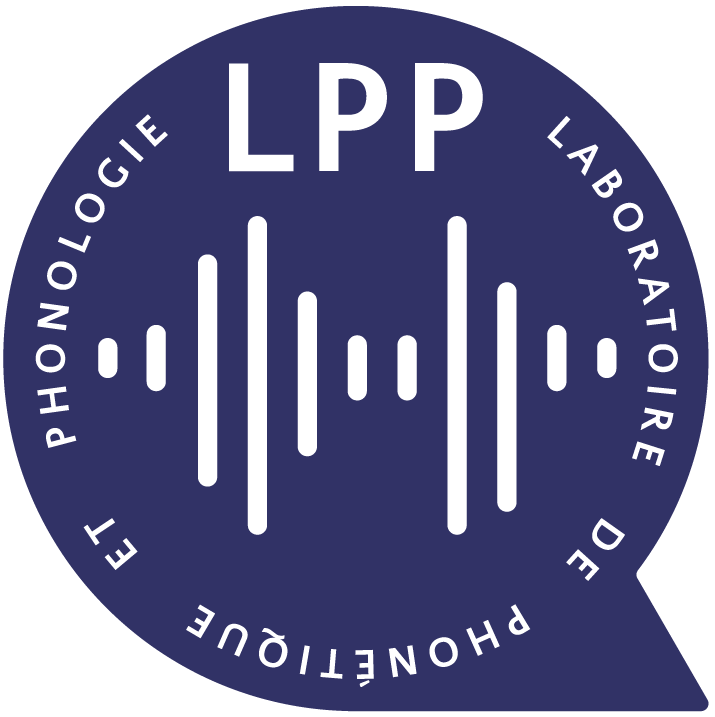By most definitions, vowels are produced by vocal tract configurations which do not produce supralaryngeal frication noise when they are voiced. This definition has persisted even though high vowels with apparent aperiodic noise generated upstream of the vocal folds are attested. Beyond those cases occurring intermittently and incidentally due to coarticulation with consonants, vowels which are produced with strong frication, and seemingly articulated to enhance this frication, are also attested (e.g. “apical vowels”, Shao & Ridouane 2023; “fricative vowels”, Connell 2007). In short, some vocoids appear to have targets for production of frication. In this talk, we present data from two Bantoid languages of Cameroon, Kom and Mundabli, which exhibit vowel quality contrasts which seem to be based in part on aperiodic noise. These are the first acoustic-phonetic studies of either language, focusing on the implementation of contrasts between canonical high vowels such as /i ɨ u/ and the phonemically contrastive fricated vowels, which range from more vowel-like /i̝ u̝ / as in Mundabli or more fricative-like /z̩(ɨ) v̩(ɨ)/ as in Kom. We use zero-crossing rate (ZCR) to characterize the frication, in addition to providing formant frequency and bandwidth data. Results show that each language’s contrasts involve both formant- and frication-related distinctions, with substantial between-language differences in the degree and timing of frication production, and formant frequencies seemingly unreliable in some cases. We take this data as further evidence for vocoids with inherent targets for frication, and that languages may exhibit a range of different frication targets on vocoids, not too different from other fine-grained subphonemic differences observed across vowel systems (Disner 1983).
Prochains événements
Voir la liste d'événementsSRPP Beyond reaction time: Articulatory evidence of perception-production link in speech using the Stimulus-Response Compatibility paradigm.
Takayuki Nagamine (Department of Speech Hearing and Phonetic Sciences, University College London)
SRPP 13/03/2026 Christophe Corbier
Christophe Corbier (CNRS, IReMUS)
SRPP 20/03/2026 Claire Njoo
Claire Njoo (Université Paris-Sud)
SRPP 27/03/2026 Rasmus Puggaard-Rode
Rasmus Puggaard-Rode(University of Oxford)


